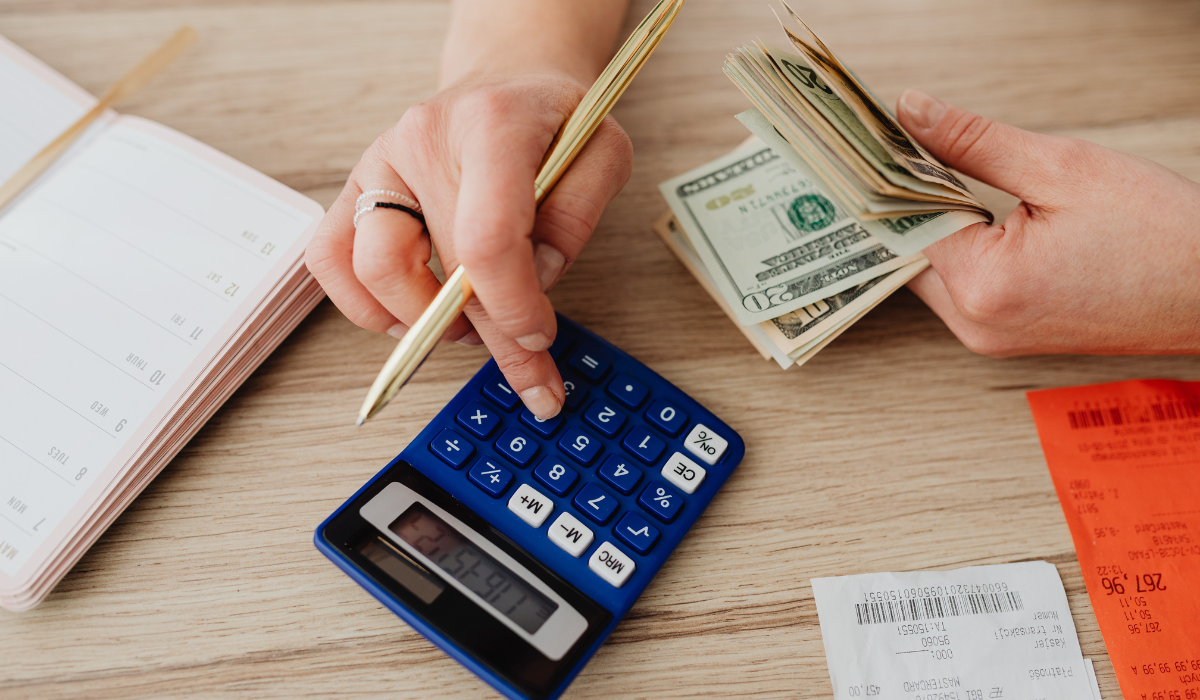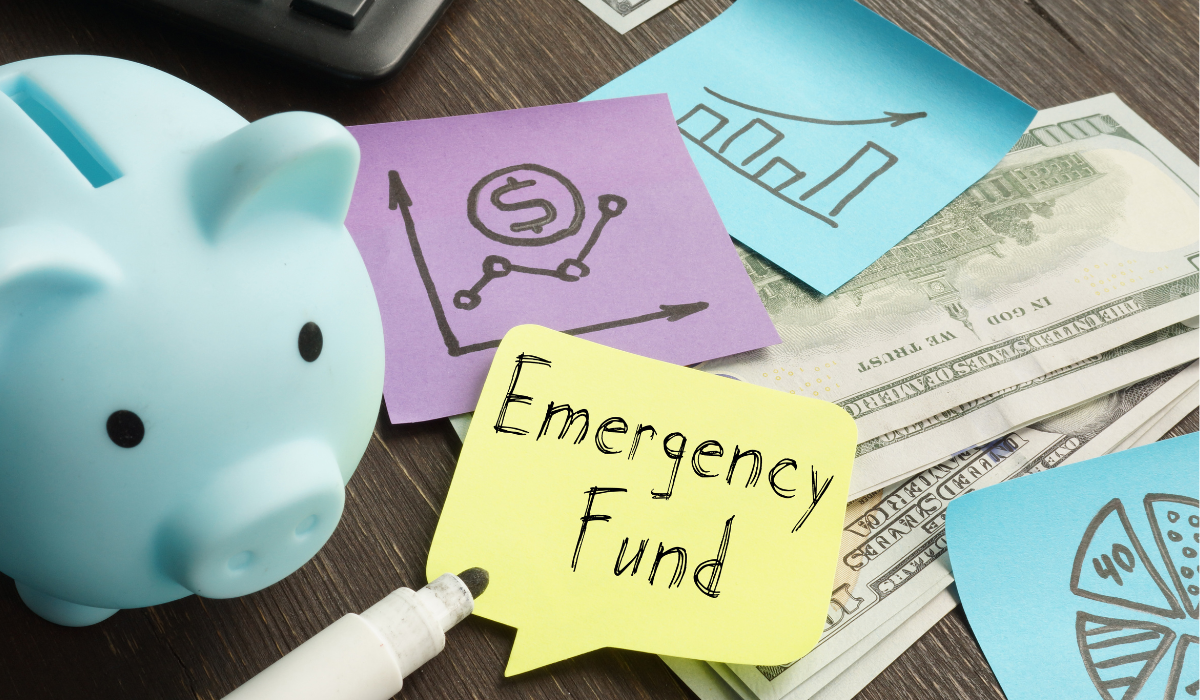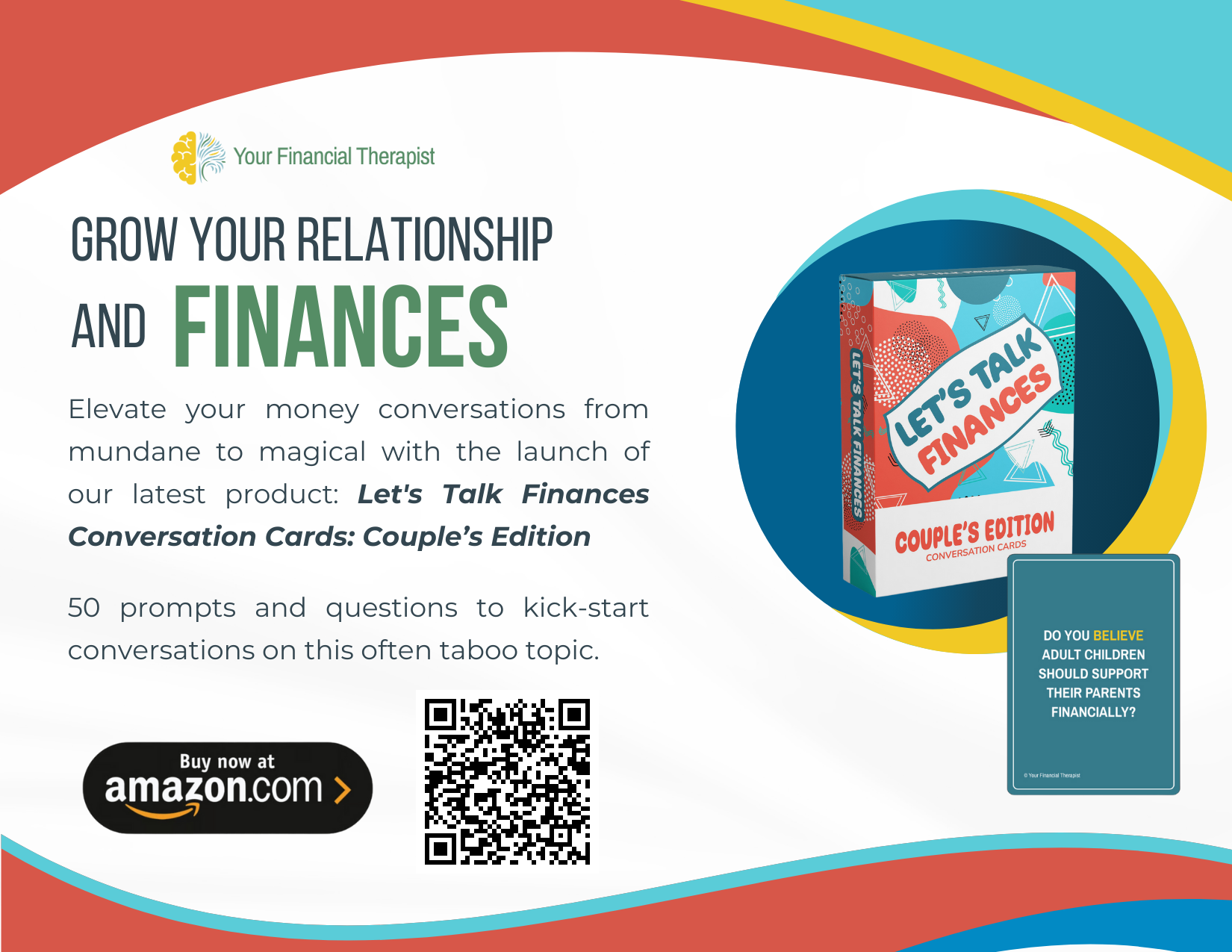Self-Care or Selfish? Unpacking the Art of Spending Money on Yourself Responsibly

Spending money on yourself can sometimes feel like navigating a precarious bridge between self-care and selfishness. In a world where your financial situation is a pivotal aspect of life, striking the right balance is crucial.
It’s about making informed choices that ensure your hard-earned money fosters your mental health and happiness while aligning with your financial goals. This article will guide you through the art of responsibly indulging in self-care without compromising your financial wellness.
The Foundation: Understand Your Financial Situation
Before you can confidently spend on yourself, understanding your financial situation is the first step. Take a comprehensive look at your bank account, savings account, and any debts, such as those on credit cards.
Are you saving enough money for your financial goals?
How much money do you have coming in from your after-tax income, and where is it going?
A well-structured financial plan is essential for long-term financial independence. Knowing where you stand financially helps avoid a scarcity mindset, which can lead to either excessive frugality or irresponsible spending habits. Importantly, once you have clarity on where your money is going, you’re in a better position to determine how much you can allocate to your “sunshine fund” (more on this later on). This awareness and proactive planning pave the way for a balanced approach to saving and spending.
Building a Responsible Spending Plan
Creating a spending plan is one of the best ways to responsibly manage your hard-earned cash. Factor self-care into your budget as you would with any other expense. Allocate a fixed percentage of your income towards “self-care” spending—which I like to call a “Sunshine Fund” or things that bring you and others around you joy.
This could include anything from new clothes to a massage or even a cup of coffee from your favorite cafe. The trick is to make sure this spending doesn’t detract from your savings goals, emergency fund, or essential expenses. By knowing you “can spend” what’s in your sunshine fund, you are able to enjoy those moments a little more. For spenders, this can reduce guilt for “splurging,” and for savers, it gives you permission to spend a certain amount each month.
Related: How to Relieve Financial Stress in 7 Effective Ways

Credit Card: A Tool, Not a Trap
Credit cards can be a double-edged sword. While they offer the convenience of buying now and paying later, mismanagement can lead to a downward spiral of debt.
Use credit cards wisely by paying off balances in full each month to avoid interest charges and protect your credit score. Remember, using debit cards or cash can be a great way to keep your spending in check and ensure you’re only using money you actually have.
Similarly, when you use your credit card, envision it as green cash flowing out of your pocket directly to the vendor’s. Take a moment to check in with yourself each time you tap your card – if you have the funds and truly value the purchase, you may feel confident and good about your financial decision. However, if you don’t, you might second guess yourself or experience an uneasy feeling. These emotions are important indicators; they suggest it’s a good time to re-evaluate the necessity of the purchase, consider waiting 24 hours before making a decision, or even consulting a friend for their perspective. This mindful approach can further reinforce responsible spending habits, helping you maintain financial health and peace of mind.
Invest in Your Future Self
When considering spending money on yourself, think about investments that benefit your future self. This could mean setting aside money each month into a retirement account, investing in the stock market, or even improving your financial literacy through books, coaching, or courses.
Perhaps a gym membership learning a new skill or foreign language are more your speed. Whatever way you decide to spend money on yourself, let it help you maintain a sense of self and personal value.
These investments may not offer instant gratification but making a conscious effort to improve yourself and your financial situation are powerful forms of self-care.
Small Pleasures, Big Impact
Indulging in personal spending is much more than a simple act of self-indulgence; it’s a critical element of self-care and vital for sustaining positive mental wellness. It serves as a profound acknowledgment of the tireless effort you’ve poured into your work, allowing you to materially enjoy the rewards of your labor.
This recognition plays a significant role in enhancing your morale, bolstering your mental health, and spurring you on toward your aspirations. The easiest way to manage personal spending, without compromising financial integrity, is through the establishment of a Sunshine Fund.
This fund is essentially a designated savings or bank account where a predetermined fraction of your after-tax income is set aside each month, specifically earmarked for expenditures that bring you joy and fulfillment. Whether it’s the thrill of planning a weekend retreat, the satisfaction of driving a new car off the lot, or the simple contentment found in a dinner with friends, the Sunshine Fund is about intentional spending.
Self-Care Spending Aligned and on Purpose
The inherent value of the Sunshine Fund lies in its commitment to planned financial indulgence; this isn’t about raiding your emergency savings or sidelining your financial objectives. Rather, it’s about striking a careful balance between amassing savings and indulging in the little things that bring you joy.
This deliberate approach ensures that your self-spending aligns perfectly with your broader financial strategy and long term ambitions, mitigating any potential feelings of financial remorse associated with self-gifting. It’s a testament to the fact that occasional, mindful spending on oneself is not only permissible but encouraged for maintaining a healthy balance.
Echoing the sentiment of cherishing the simple things, the impact of such endeavors on your overall well-being cannot be overstated. Simple pleasures, whether it’s losing yourself in an engaging book, savoring a meal in the company of friends, or picking up a new hobby, have the power to profoundly enrich your mental state and self-identity.
These experiences offer a level of satisfaction and fulfillment far beyond what material items can provide, proving to be the most effective way to reward yourself for your hard work and dedication, all while keeping your finances intact.
By integrating a Sunshine Fund into your financial planning and valuing life’s simpler joys, you cultivate a comprehensive approach to financial health that embraces the importance of self-care whilst ensuring a secure financial future.
Related: 9 Ways to Save the Earth and Your Wallet

Emergency Fund: Your Safety Net
An emergency fund is your financial safety net, ensuring you have enough money set aside for unforeseen expenses like new tires for your car or an unseen medical expense. Before splurging on any expensive purchase, ensure your emergency fund is robust enough to cover at least three to six months of living expenses. This not only provides peace of mind but also prevents financial struggle should unexpected costs arise, and they will arise.
Balancing Wants and Needs
Distinguishing between wants and needs is vital when spending money on yourself. Needs are essentials for living, whereas wants are things you can live without. While it’s not bad to spend on wants, doing so at the expense of your needs or financial goals is a bad idea. Look through your debit and credit card statements and put an N or W next to each line item. This will give you a visual on how and where your spending is going each month. Practice asking yourself if the spending aligns with your values and contributes to your happiness in the long run.
Saying No to Financial Guilt
Having guilty feelings about spending money on yourself is common, especially if you grew up with a scarcity mindset. However, financial guilt can impede your ability to enjoy life and appreciate the fruits of your labor.
Remember, allowing yourself a little bit of leeway for personal enjoyment is not inherently bad. It’s about finding a balance that ensures your financial wellness while still allowing for personal fulfillment.
Seeking Help When Needed
If you’re having a hard time managing your personal finances, remember, it’s okay to seek help. Many financial institutions, credit unions, and online banks offer resources and advisors who can help you create a financial plan tailored to your needs. Additionally, side gigs or speaking to a financial advisor could provide the extra money or advice you need to get back on track.
You can also seek advice from me, Erika Wasserman, CEO of Your Financial Therapist. I’m here to empower individuals, couples, and corporations to transform their relationship with money.
Whether it’s navigating financial stress in the workplace, achieving personal financial happiness, or fostering financial wellness within couples, my expertise provides a safe and insightful avenue for exploring and improving one’s financial and emotional well-being.
My approach is not just about numbers; it’s about understanding the deep-seated emotions and behaviors that influence our financial decisions, helping to create a healthier, more positive interaction with money.
A novel way to deepen your understanding of financial literacy within a relationship is through the Let’s Talk Finances Conversation Cards, Couple’s Edition. These cards are designed not just to entertain but to educate, providing a unique avenue for couples to explore their financial psyche together in a non-confrontational, engaging manner.
Related: New Year, New Financial Goals: Setting and Achieving Your Money Resolutions for the Year Ahead
Final Thoughts
In conclusion, spending money on yourself does not have to be an act of selfishness or lead to financial guilt. By making a conscious effort to understand your financial situation, creating a responsible spending plan, and focusing on investments that benefit your future self, you can enjoy the rewards of your hard work without compromising your financial goals.
Remember, financial wellness and personal happiness are not mutually exclusive; with the right approach, they can go hand in hand.Spending on yourself with mindfulness and responsibility strengthens your financial foundation, bolsters your mental health, and enriches your life in different ways.
It’s about making good decisions today that pave the way for a prosperous, fulfilled tomorrow. Keep your eyes on the prize—financial independence and being the best version of yourself.

